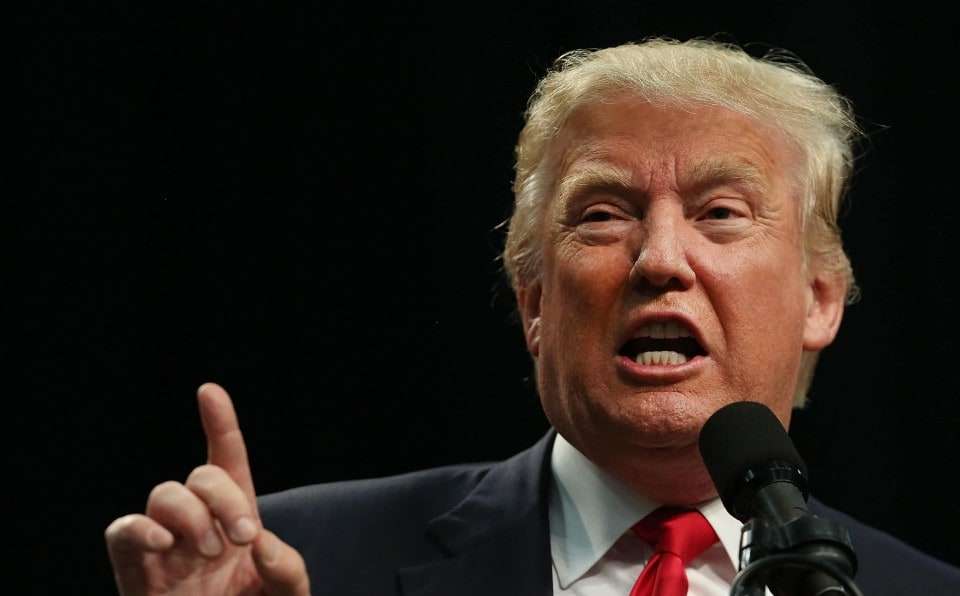The Volokh Conspiracy
Mostly law professors | Sometimes contrarian | Often libertarian | Always independent
Libertarian constitutional law scholars on the threat posed by Trump

Adam Liptak of the New York Times has an interesting article discussing the views of libertarian constitutional law scholars on the dangers Donald Trump poses to constitutional values and the rule of law. Among those quoted are Volokh Conspiracy bloggers Randy Barnett, David Post, and myself, as well as Richard Epstein (perhaps the nation's most prominent libertarian legal scholar), and others. There is broad agreement within the group that Trump poses a grave threat.
On Twitter and elsewhere, Some Trump defenders have responded to the article by, in effect saying, "why don't you ever attack Obama?" Well, most of the people quoted in the article are veterans of multiple legal battles against him. I myself was involved in the Obamacare case (of which Randy Barnett was a leading architect) and various property rights cases against the administration, and have written extensively about the dangers posed by Obama's initiation of two wars without the congressional authorization required by the Constitution. It is in part because we oppose much that Obama did, that we are troubled by the prospect that Trump will make things still worse.
Some of the GOP politicians quoted in Liptak's article say we need not worry too much about Trump on constitutional issues because he will be constrained by the courts and by other institutional factors. I agree that Trump won't be able to rule as an absolute dictator, or anything close to it. But the modern presidency wields enormous power that can't always be easily constrained, and can often be abused in unconstitutional ways. The history of the Bush and Obama administrations amply demonstrates that. Moreover, Trump (and any like-minded successors he might have) could, over time, appoint judges who share his views and would be more likely to uphold his unconstitutional policies.
I have discussed Trump's dangerous agenda on constitutional issues in greater detail here, here, and here.


Show Comments (0)